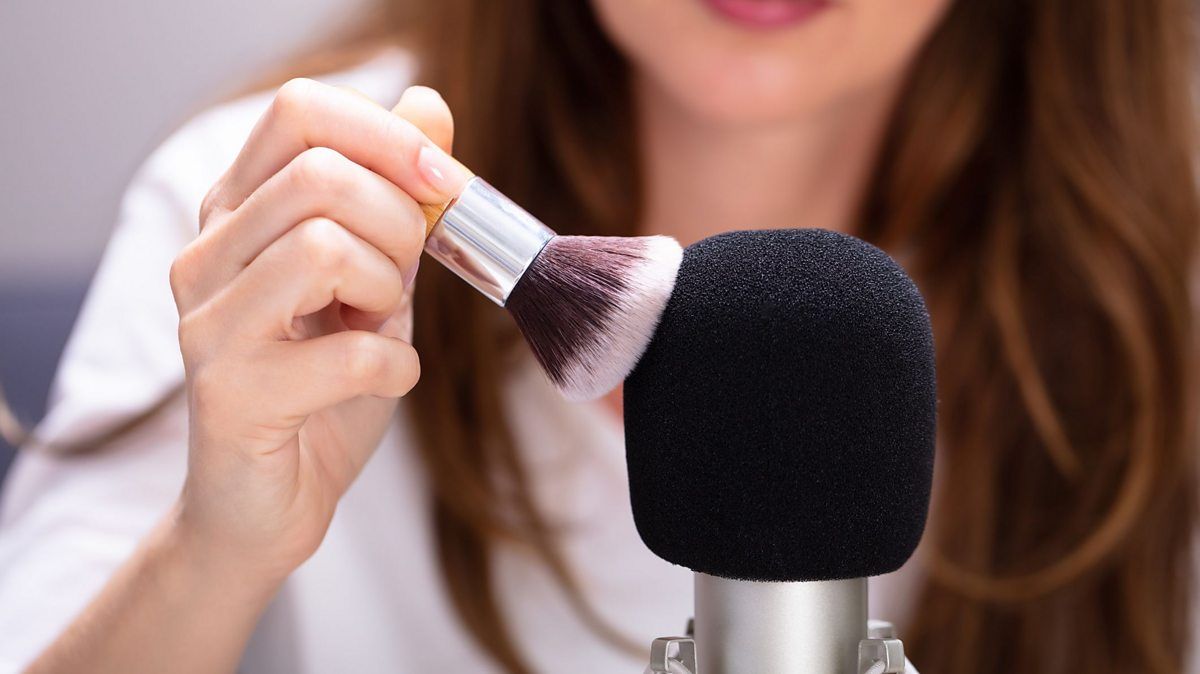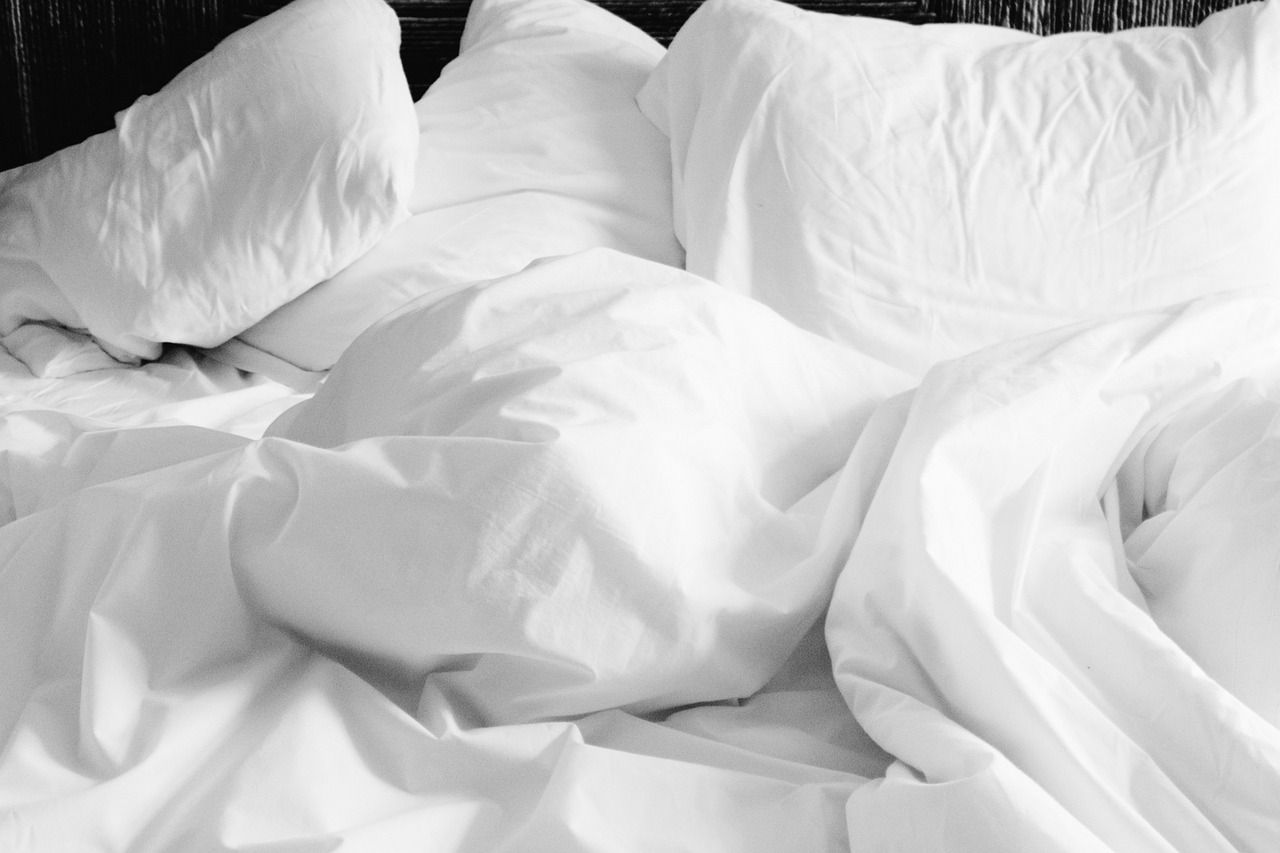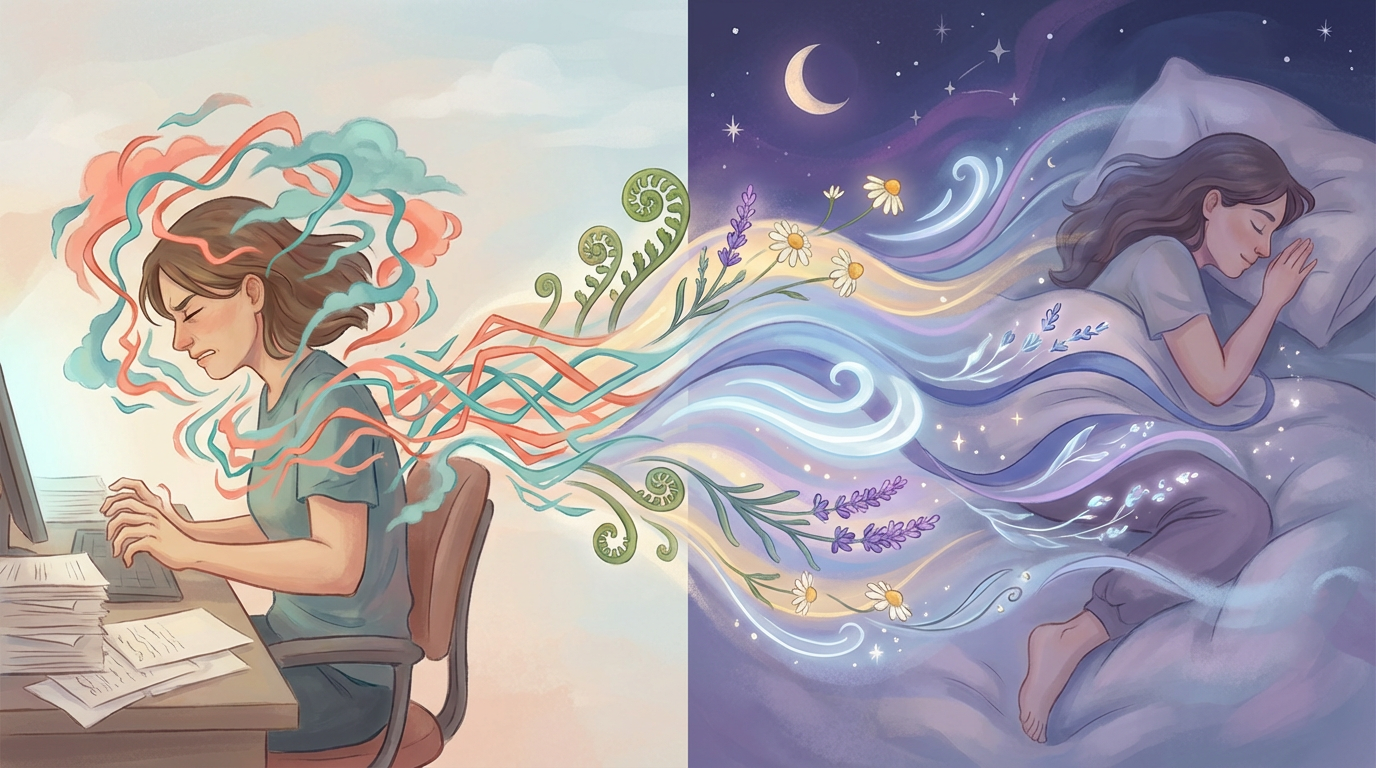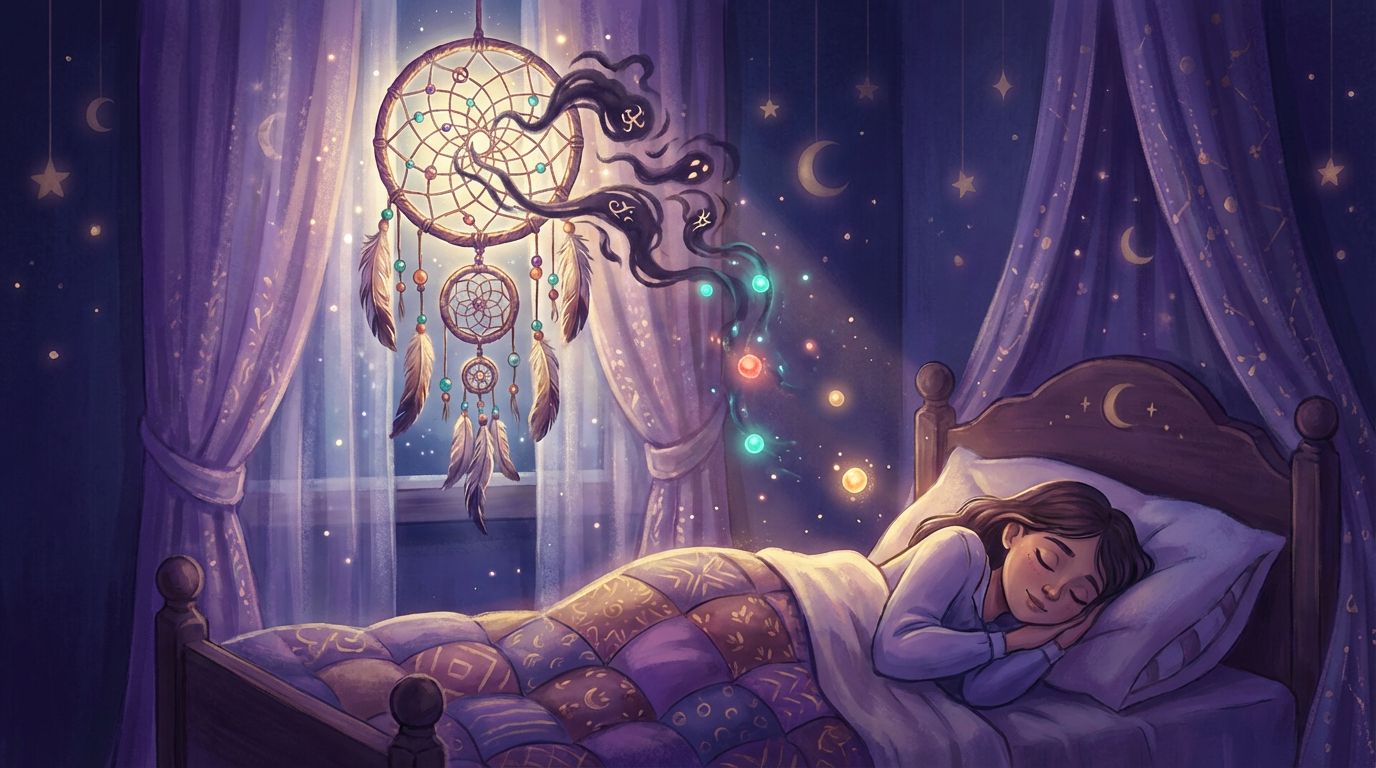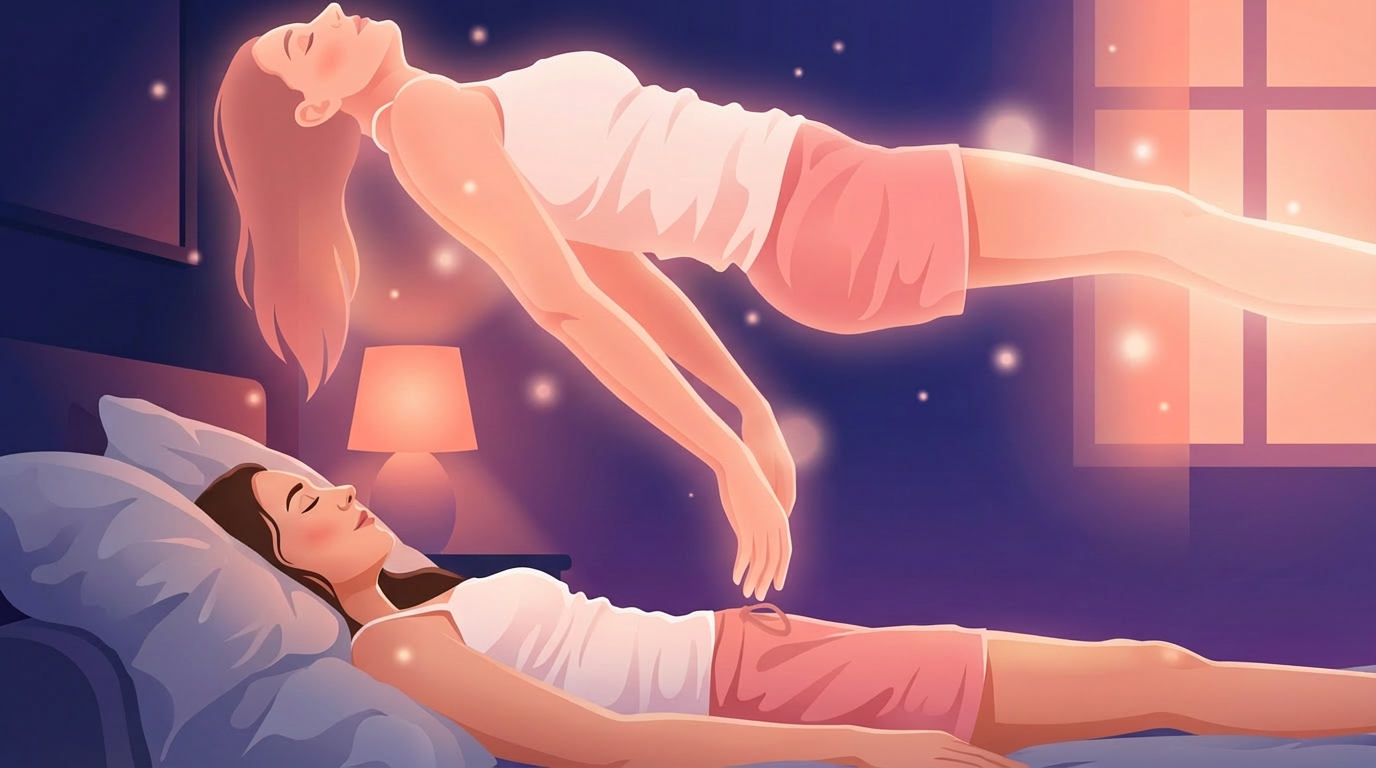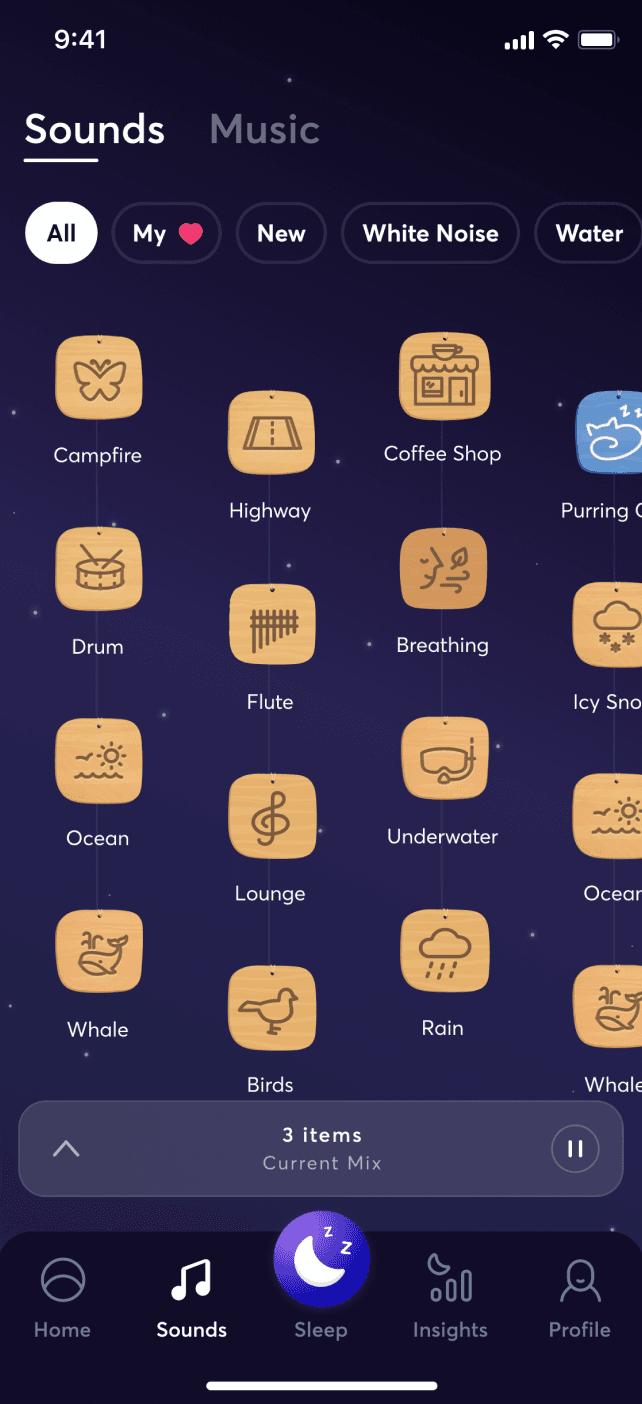
How to Sleep Better with Tinnitus
Tinnitus is a ringing in the ears, often caused by exposure to loud noises and age-related hearing loss. The sound may be constant or go in and out, but what it definitely does to most people with tinnitus is interrupt sleep.
Insomnia is a typical complaint with tinnitus, but there are solutions. If you have ringing in the ears, talk to your doctor. Then try some of these things to help improve your sleep.
What Is Tinnitus?
Tinnitus is a medical condition that causes a ringing or buzzing sound. It is not uncommon, affecting 15 to 20 percent of the population. While it is not seen as a serious health problem, the level of discomfort caused by tinnitus varies from mild annoyance to unbearable discomfort.
The types of sounds that you may hear with tinnitus have been described as buzzing, ringing, hissing, humming, clicking, and roaring. They may be low or high in pitch and in one or both ears. The sounds can be loud enough to interfere with how well you hear other sounds.
Tinnitus varies in severity, but for many people it is bad enough to disrupt sleep. A survey conducted by the American Tinnitus Association found that 18 percent of people with the condition have related sleep problems. They rate sleep disturbance as the second most common issue associated with tinnitus. The top concern is hearing loss.
A constant ringing or buzzing in the ear can make it difficult to fall asleep. In fact, many people find that the sounds are louder at night. This may be explained by the transition from a noisy day environment to the quiet of the bedroom. This can make it seem as if the sounds are getting louder when really it hasn’t changed.


Improving Sleep With Tinnitus
Tinnitus has many possible causes, and the best thing you can do to live and sleep better with this condition is to see your doctor. There could be a treatable underlying cause that will reduce the buzzing sounds. If there isn’t a treatable cause, there are still things you can do to alleviate the symptoms.
- Avoid what makes tinnitus worse. Nicotine, caffeine and other stimulants, and being around loud noises can worsen the sounds produced by tinnitus. Stress also makes it worse, so minimize stress in your day if possible or practice relaxation strategies.
- Change medications. Certain drugs cause or make tinnitus worse. These include some antibiotics, nonsteroidal anti-inflammatory painkillers, antimalarial drugs, anticonvulsants, chemotherapy drugs, diuretics, and tricyclic antidepressants. If you take any of these, talk to your doctor about possible alternatives.
- Drown out the sound. A sleep solution may be as simple as using another type of sound to force tinnitus’s ringing to the background. BetterSleep was actually developed to help people with tinnitus get to sleep. Try the white noises and other background sounds available on the app to block the sounds of tinnitus when you’re trying to fall asleep.
- Try behavioral therapy. Tinnitus is a medical condition, but behavioral therapies can help you manage and live with it. Cognitive-behavioral therapy can help you react and cope better with tinnitus. Studies have shown that a few months of this kind of therapy improves quality of life and makes the sounds of tinnitus less bothersome.
- Practice good sleep hygiene. Anything you can do to promote better sleep will help. Keep regular times for going to bed and getting up each day; get exercise every day; refrain from using mobile devices in bed; block out light in the bedroom and keep the temperature cooler.
Living with, and sleeping with, tinnitus can be challenging. But with some focused strategies for better sleep, insomnia doesn’t have to be a big issue.

